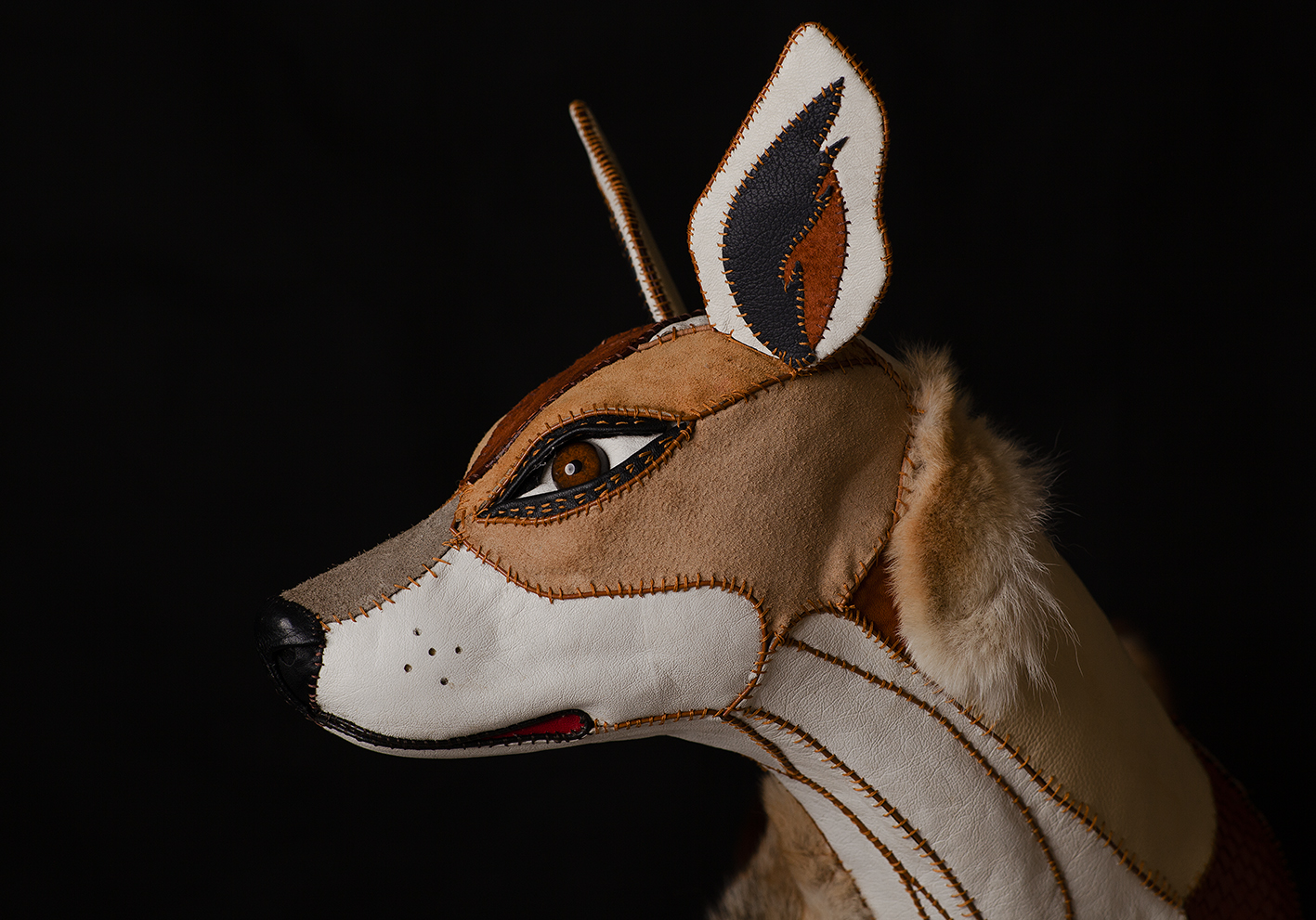UPDATED DEADLINE: 31st January 2019
India emerges as a critical site of biodiversity conservation and species-inclusive planning in the Urban Age. India’s scale and speed of urbanisation is almost unprecedented: in the next two decades, India, together with China, is expected to be home to almost a third of the world’s urban population. Due to urban sprawl and the making of large urban conurbations, significant loss of forestland, arable land and green cover has already occurred, and greater erasure, or contamination of diverse and fragile ecologies is predicted, even as cities are increasingly more vulnerable to climate change.
India is also in fact one of the world’s most megadiverse countries, and its cities are home to an incredible array of nonhuman animals, including species that we classify as wild (pangolins, cobras, leopards, crocodiles, sea turtles, vultures), feral (macaques, langurs), commensal (dogs) and commoditised (cows, buffalo, goats, chickens and pigs). As humans are progressively an urban species, so too are nonhuman animals who are ‘urbanised’ by land developments. A large number of biodiversity hotspots are also in or near large Indian cities. However India is already facing rapid loss of urban biodiversity, local extinction of species, and a dramatic escalation of human conflicts with nonhuman animals.
The two PhD projects will be part of a larger Australian Research Council funded project that aims to address animals as crucial members of urban societies – rather than only urban ecologies – to conceptualise species-inclusive zoöpolises as cities of the future. In India, animals are enmeshed in urban political economies and societies as actors and stakeholders, from issues of livelihood, urban commons, climate change, to religious and cultural traditions. Many species of animals are also politicised in polarising sectarian, casteist agenda, leading to differential ways in which urban spaces are claimed or lost by both humans and nonhuman animals. The project will examine the everyday realities of diverse animal species and humans who co-inhabit multispecies habitats in ecologically diverse, rapidly growing, medium-sized Indian cities.
The PhD candidates will be based at Deakin University under the supervision of Dr. Yamini Narayanan, and the external supervision from the leading animal geographer Prof. Jennifer Wolch, University of California Berkeley. This research is partially funded by the Australian Government through the Australian Research Council
Head over to the website for more details and how to apply:


